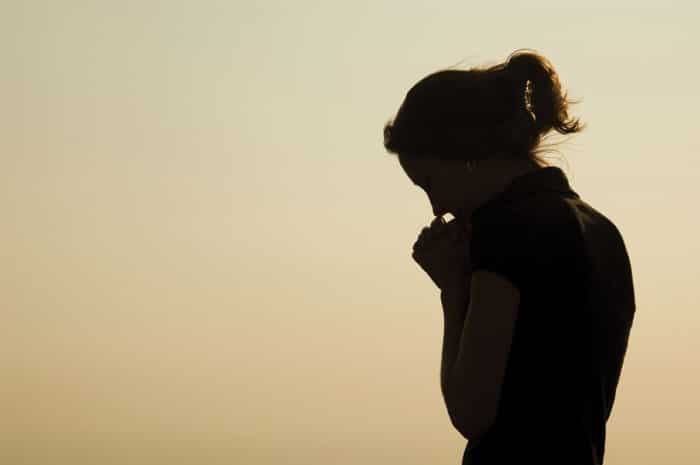
It happens every year: I stand in a synagogue, hold a prayer book and proceed to hit myself a bit too hard on the chest with one hand, rolled into a fist.
Actually, what I practice closely resembles self-flagellation. To be honest, if I could strike my chest and simultaneously hit myself over the head like an irate chimpanzee, I would.
So this year, in the spirit of personal growth, I decided to do a little homework and reexamine my personal obsession with self-punishment.
It turns out that I have a slight misinterpretation of what it means to fear G-d, ask for divine forgiveness and stand in healthy awe of the power of the High Holy Days.
But first, a confession: I suffer from a form of generalized anxiety that constantly renders me afraid of everything and everyone, especially G-d. Yes, I have anxiety and I’m a more observant Jew. I also hail from the Middle East, and some Mizrahi and Sephardic Jews are prone to infusing religious practice with fear and, sometimes, downright superstition.
And here’s the best part: There’s a lot of tragic comedy at the intersection of religious observance and anxiety.
For example, when I was a child, my mother, who has more existential anxiety than anyone I know, constantly reminded my sister and me to kiss the mezuzah on the doorpost before leaving the house, even if we were going to check the mailbox. Like many other Middle Eastern Jews I’ve met, my mother assigns a protective power to the mezuzah that probably doesn’t exist, but it’s hard to unlearn decades of ingrained thoughts and practices.
As an adult, I’ve been known to kiss a mezuzah up to three times because the first time, the kiss didn’t “feel right” and the second time, I was thinking bad thoughts. I usually got it right by the third kiss. I can’t imagine how compulsive this seemed to onlookers.
The confluence of anxiety and religious observance is real, and some of us are driven to compulsion by our own anxiousness: Just ask any Sephardic woman who’s ever prayed while kneading dough for Shabbat challah and forgotten to include someone’s name; if she forgot to pray that her youngest daughter be married, she’ll knead, pray and punch down that ball of dough until the challah itself begs her to stop such a beating.
It’s important to note that anxiousness is on a continuum; some people have diagnosable anxiety disorders. Others don’t, but may still experience a range of anxiety. But anyone who lives with anxiety knows that it’s extremely painful. And let’s face it, some of the messages and imagery of the High Holy Days can magnify this anxiety and fear. Personally, I experience the height of anxiety during the description of the closing of the Gates of Mercy (the final Neilah prayer) at the culmination of Yom Kippur.
There I am, starving, exhausted and overwhelmed by dread at the thought of two pristine, golden gates slamming shut in my face because Yom Kippur is ending and I fear I haven’t earned G-d’s forgiveness.
My mother and I belong to a group of Jews I like to call “The Anxious and the Pious.” We’re similar to “The Young and the Restless,” only haggard and more restless.
And we hold a deeply irrational notion of G-d as always angry, always punitive and holding a metaphoric lightning bolt over our heads.
I asked Rabbi Dov Heller, a Los Angeles-based licensed Marriage and Family Therapist, how often he treats Jews who are viscerally afraid of G-d. “It’s quite common,” he said, “and certain cultures are more prone to it.”
This brings me to the little piece of wisdom that has made me reexamine my relationship with self-punishment: All of this fear and anxiety can stunt my growth. “It’s unhealthy,” said Heller. “Fear of G-d should never be crippling or cause anxiety, and fear, when misused, can be paralyzing. That’s not at all what G-d wants.”
Heller’s got a serious point. His sage words remind me of Søren Kierkegaard’s observation, “Anxiety is the dizziness of freedom.” Kierkegaard actually referred to anxiety as a “hereditary sin,” which reminds me that I need to call my mother.
I asked Heller if there’s a middle ground between over-enthusiastic chest (and head) beating and living life as if no one is even watching. “The right fear of a G-d is a motivator,” he said. “It produces positive actions, requires real focus and brings out the best in the person.”
But Heller’s the first to admit that for many, the High Holy Days are wrongly associated with punishment. Some relate to Rosh Hashanah and Yom Kippur with a Christmas-song mindset: G-d is making a list, checking it twice and, in my mind at least, planning his wrath against whoever’s been naughty. “That’s not the Jewish Rosh Hashanah at all,” said Heller. “The ‘lightning bolt’ G-d isn’t Judaism; it’s Greek mythology.”
And yet, one question remains: Why does the Torah have so many terrifying references to divine rewards and punishments, based on good or bad actions? Moses actually tells the Jewish people that they’ll inflict curses upon themselves for straying from G-d’s laws. One example is the list of numerous rewards and curses in Parasha Re’eh. And our most recent Parasha, Ki Tavo, is so rife with blessings and curses that each year, I take a few sips of whiskey before reading it. Sometimes, I wonder if Moses had any family members with acute anxiety.
One basic interpretation of the lists of blessings and curses, said Heller, is that G-d is telling us that there are consequences for our actions, just as there are consequences in the natural world (for example, if you don’t brush your teeth, you’ll get cavities). “The same applies in the spiritual world,” he said. “If we don’t live appropriately, according to how G-d understands what is good for us, there will be consequences. Not punishments, but consequences.”
This is truly soothing. And knowing there are consequences in life is healthy. Heller noted that with children, consequences instill responsibility, while punishments instill fear and control.
And then, he uttered one statement that blew apart everything I had internalized for decades: “G-d doesn’t punish us,” Heller said. “It’s the sin that causes consequences.” For example, speaking lashon hara, or slander against someone, causes a ripple effect of negative consequences that’s hard to quantify.
I finally understand. All of the mistakes that we’ve made this past year aren’t going to result in tit-for-tat, quantifiable punishments. Instead, our mistakes have accumulated into a form of spiritual plaque, whether in our mouths or in our hearts.
Heller advises us to view Rosh Hashanah as a day of judgment through the lens of parenting: There’s a healthy way for parents to judge their children.
Heller advises us to view Rosh Hashanah as a day of judgment through the lens of parenting: There’s a healthy way for parents to judge their children: Who are their friends? What are they eating? Are they choosing kindness over cruelty? Parents judge — they ask such questions because they love and care about their children, and want them to live a good life. That is also the judgment of Rosh Hashanah.
Our High Holy Days prayers constantly remind us that G-d, rather than throwing lightning bolts, is the “King who desires life.” As Heller reminded me, we blow a shofar because G-d is reminding us that life is precious and we have so much potential. “Don’t waste it,” said Heller. “That’s what parents say to their children as well.”
A few weeks ago, I read a Facebook post from Rabbi Lori Shapiro, founder of the Open Temple in Venice Beach, that I hope to never forget. She wrote: “Do we strike our chests for the Viduii as an act of punishment fearing retribution? Or are we shattering our hearts’ shells to awaken an outpouring of compassion? High Holy Days are a time to unleash loving self-awareness and experience its contagion. Love is the most viral of any of earth’s viruses.”
From self-punishment to self-awareness: worth reflecting on as we beat ourselves up.
Shana Tova u’Metukah.
Tabby Refael is an award-winning LA-based writer, speaker and civic action activist. Follow her on Twitter @TabbyRefael







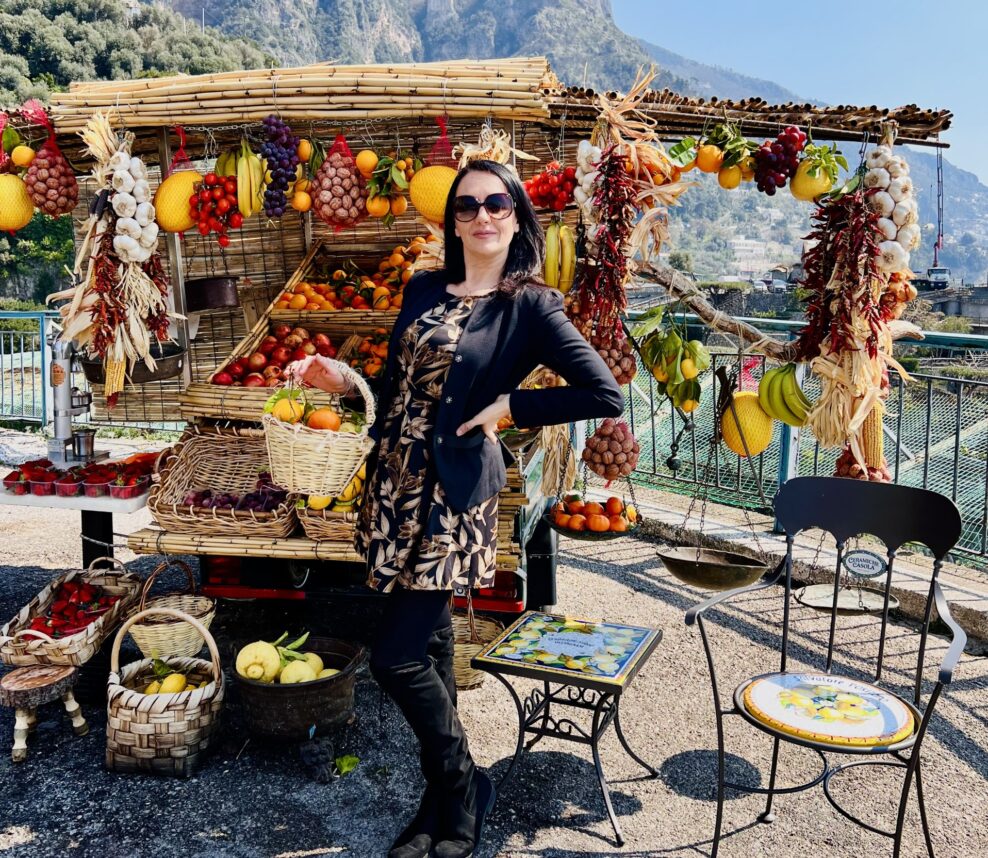
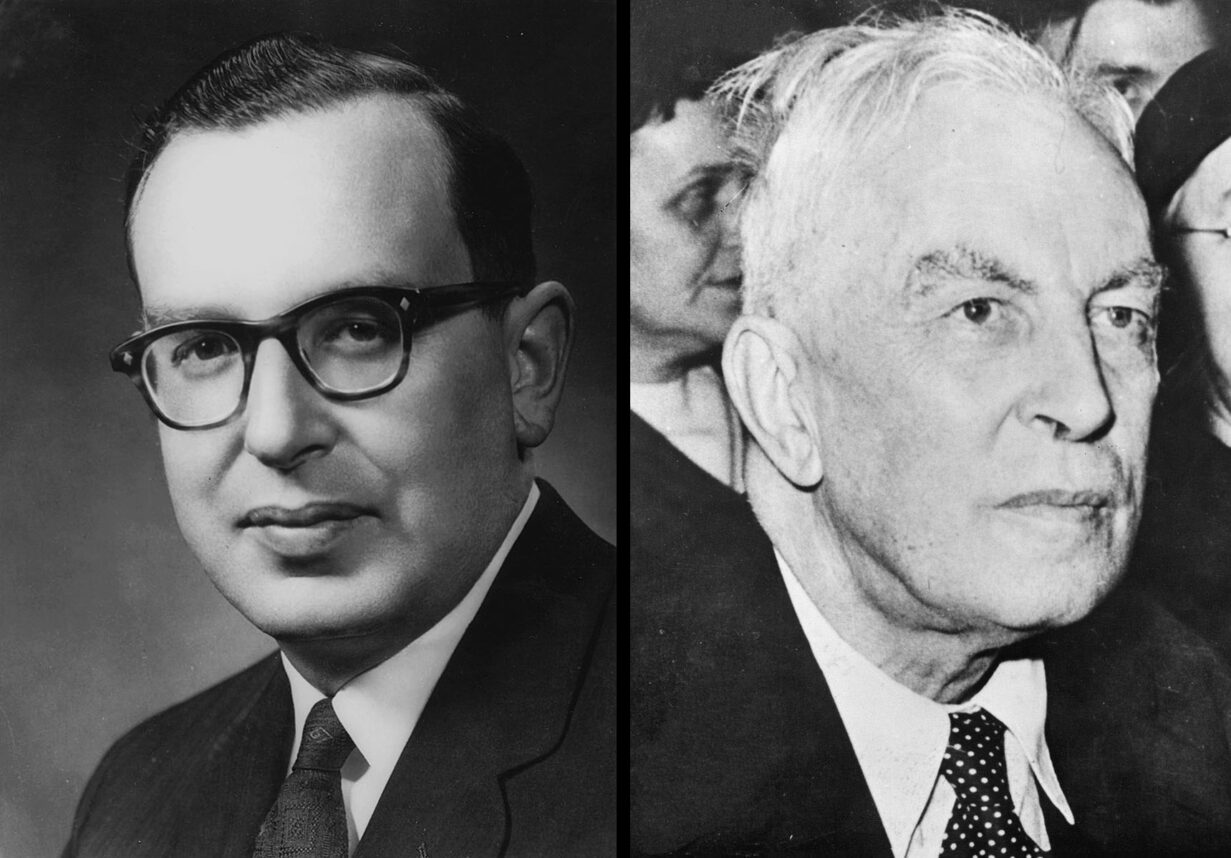

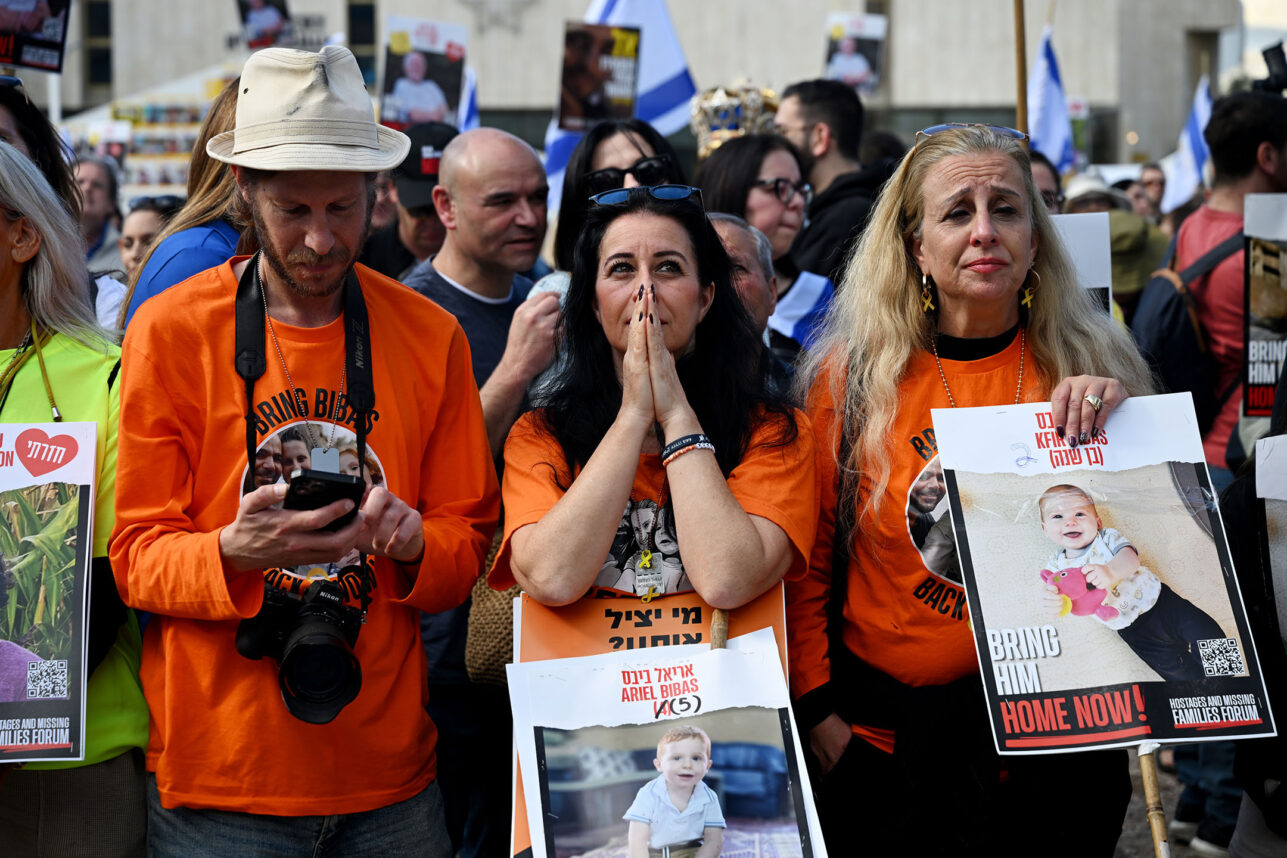
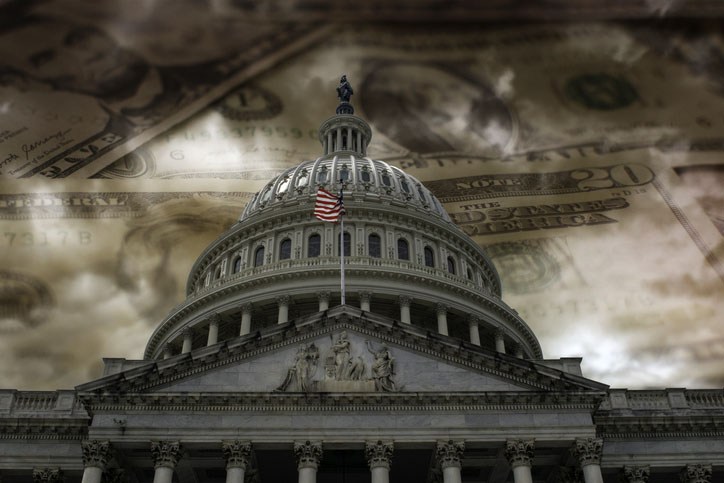
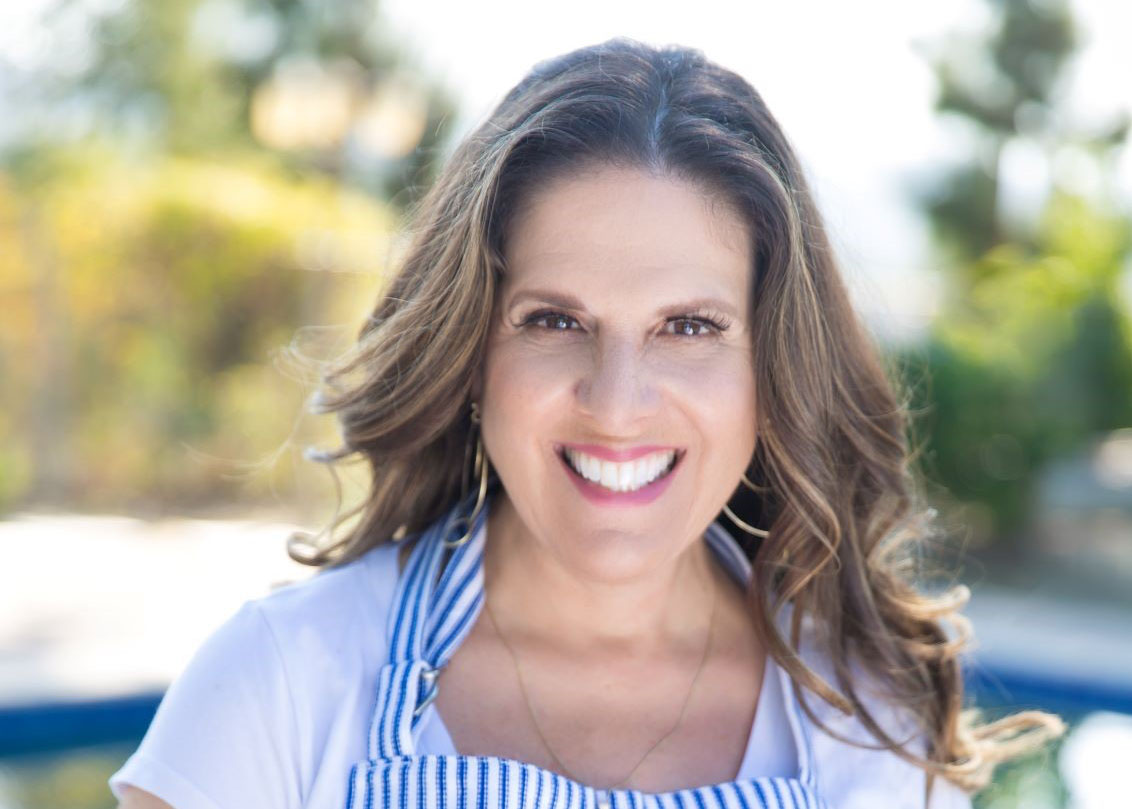
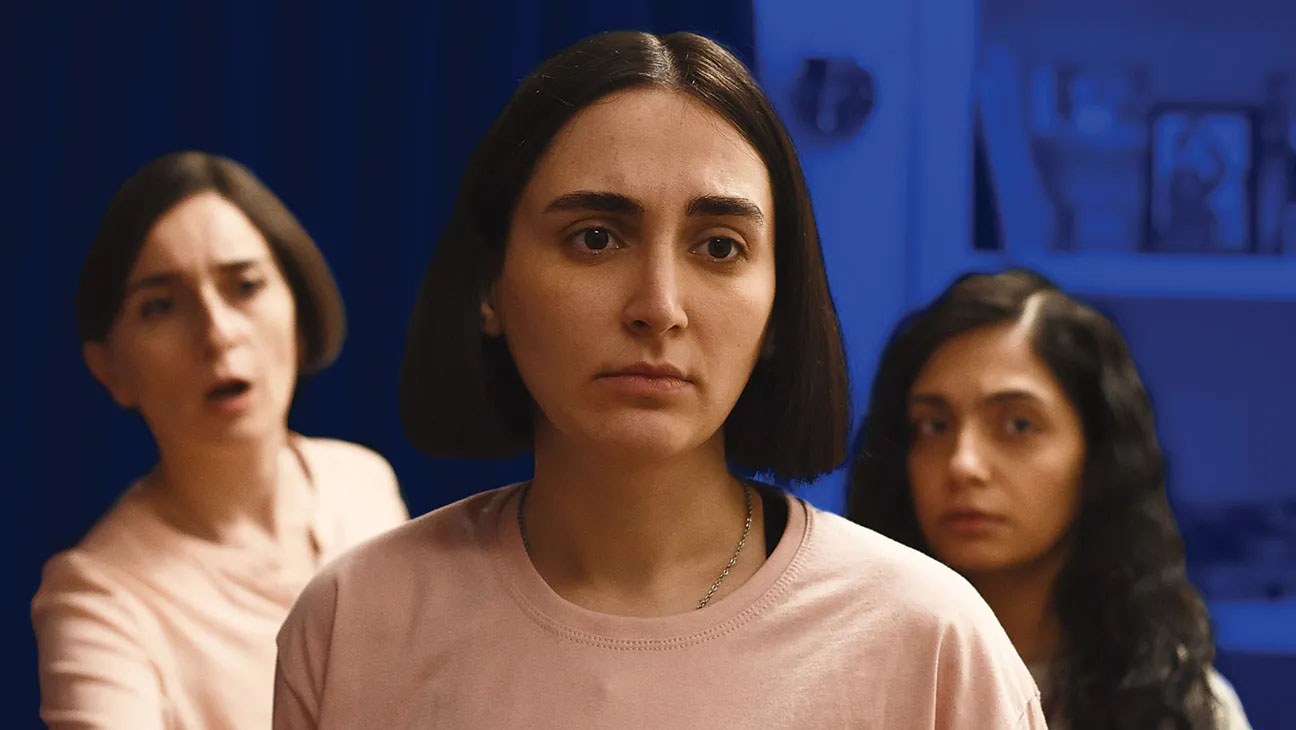

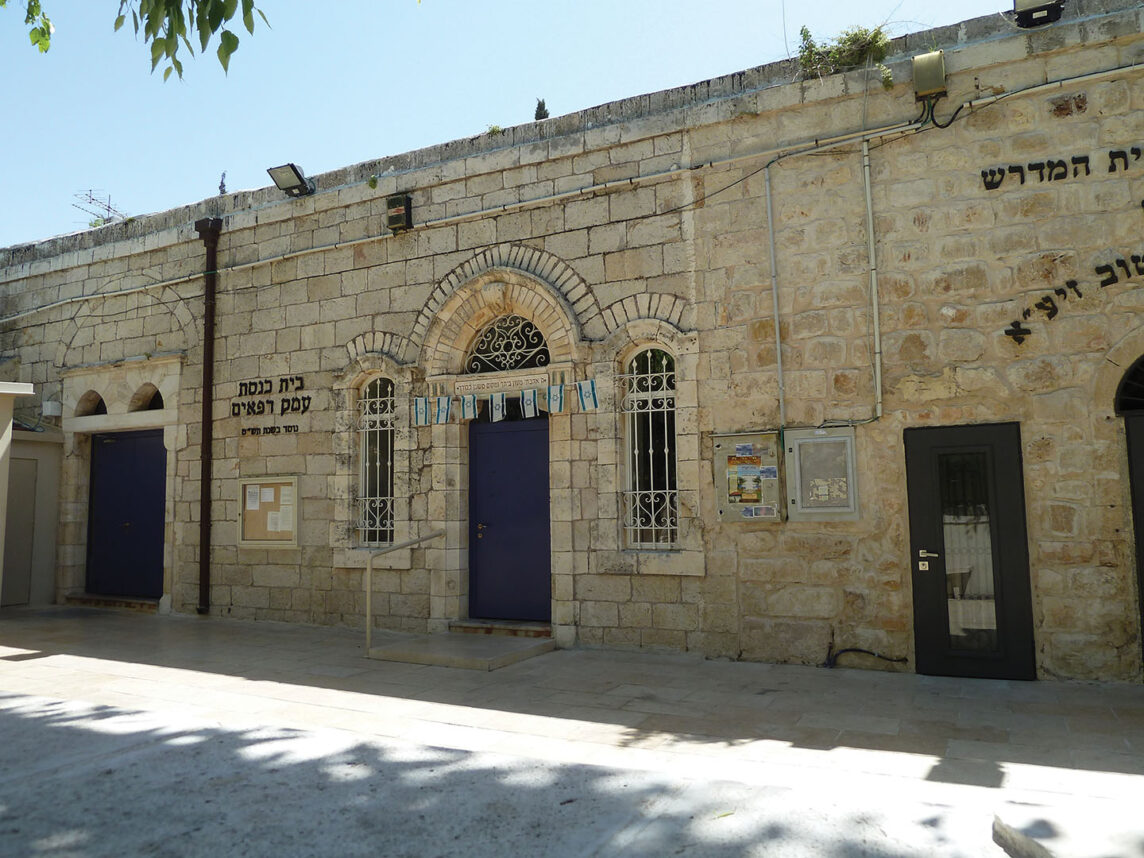






 More news and opinions than at a Shabbat dinner, right in your inbox.
More news and opinions than at a Shabbat dinner, right in your inbox.